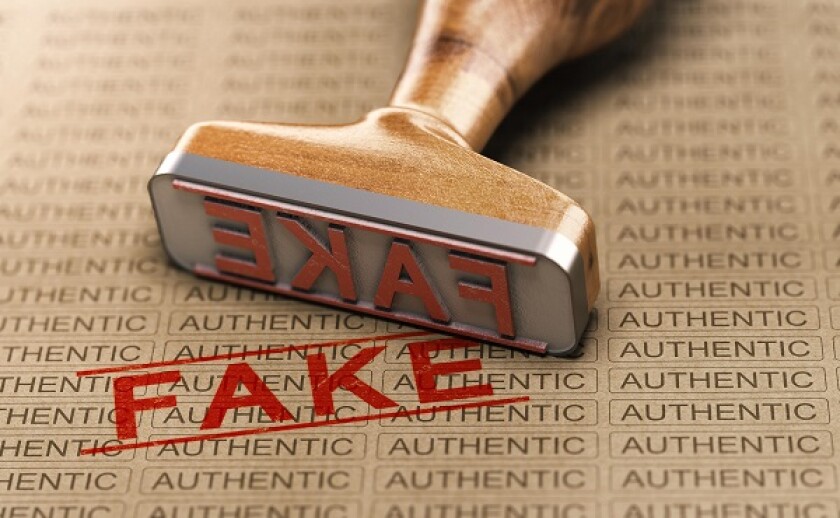Africa is a haven for counterfeiters. Yet things are changing. With the World Health Organisation estimating that 30% of the pharmaceutical market in Africa is counterfeit, African governments understand that counterfeiting creates public health, fiscal and societal problems. They know that they need to provide effective IP enforcement measures. Such measures now feature prominently in much of the new IP legislation in Africa. We will look at a few countries.
South Africa
The Counterfeit Goods Act, 1997 provides procedural mechanisms that assist IP owners. An IP owner can request the police and Customs authorities to search premises where it suspects that counterfeit goods are being stored or entering the country, and seize those goods so that they can be used in evidence in infringement proceedings. The legislation also creates various criminal offences.
Kenya
There is an Anti-Counterfeit Act of 2008, which provides for the seizure and detention of goods, and lays down harsh penalties for infringers. An Anti-Counterfeit Agency was formed after the introduction of the Act. In 2012 Kenya's High Court ruled that the Anti-Counterfeit Act was too broad, because it could interfere with the flow of generic medicines.
In a recent case involving copyright infringement a Kenyan court issued a search and seizure (Anton Piller) order to preserve evidence. The Kenyan authorities recently amalgamated a number of IP bodies including the Anti-Counterfeit Agency, to cut bureaucracy and improve co-operation in enforcement.
Ghana
On July 25 2014 the Trademarks (Amendment) Act came into force. Various forms of intentional trade mark infringement are now criminal offences. A court can order forfeiture and destruction of goods where criminal offences are being investigated.
Tanzania
In 2008 Tanzania passed the Merchandise Mark Regulations. There is provision for the appointment of inspectors, powers of detention and seizure of goods, and criminal prosecutions.
Angola
In 2014 the Copyright and Related Rights Law came into effect. This provides for the seizure of infringing goods while legal proceedings are pending, as well as for damages and the destruction of infringing material and equipment used in an infringement.
Morocco
On 18 December 2014 the new Industrial Property Law came into force. Customs authorities have the power to detain counterfeit goods that are in transit, and infringers can be required to pay the cost of warehousing and destroying counterfeit goods.
Uganda
Uganda's Anti-Counterfeit Goods Bill 2009 (not yet in force) clarifies that counterfeiting is limited to trade mark and copyright infringements – the earlier version had referred to patent infringements as well.
Zambia
The Intellectual Property Bill of 2011 (not yet in force) provides for a five-year prison term for counterfeiting, and for border seizures of counterfeit goods.
There may be some way to go, but things are moving in the right direction.
Wayne Meiring |
Spoor & Fisher Jersey
Africa House, Castle Street
St Helier, Jersey JE4 9TW
Channel Islands
Tel: +44 1534 838000
Fax: +44 1534 838001











